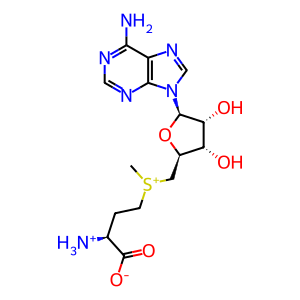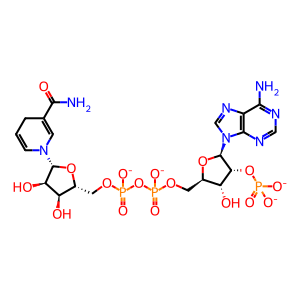Reaction: Defective MTRR does not convert cob(II)alamin to MeCbl
An important role for this reaction in the cell is maintenance of the pool of MeCbl-associated MTR. At a low rate, cobalamin bound to MTR is spontaneously oxidized to form cob(II)alamin. When this happens, MTRR this reductive methylation reaction restores cob(II)alamin to MeCbl (Hall et al. 2000).
Defects in MTRR cause methylcobalamin deficiency type E (cblE; MIM:236270) (Wilson et al. 1999). Patients with cblE exhibit megaloblastic anemia and hyperhomocysteinemia. AdoMet is used as a methyl donor in many biological reactions and its demethylation produces homocysteine. Remethylation is carried out by MTR in conjunction with MTRR but in cblE patients, MTR bound cobalamin cannot be reduced by defective MTRR to form a functional enzyme thus homocysteine accumulates. Mutations in MTRR that cause cblE include Leu576del (Leclerc et al. 1998) and S454L (Zavadakova et al. 2005). In terms of frequency, the most common MTRR mutation is a c.903+469C>T mutation which creates a novel splice site deep in an intron and results in inclusion of a 140 bp insertion in MTRR mRNA (Homolova et al. 2010). Wilson et al. showed that a 66A G polymorphism, resulting in an Ile22Met (I22M) substitution, is associated with susceptibility to folate sensitive neural tube defects (FS NTD; MIM:601634) (Wilson et al. 1999b, Doolin et al. 2002). Serum deficiency of vitamin B12 increased the effect.


